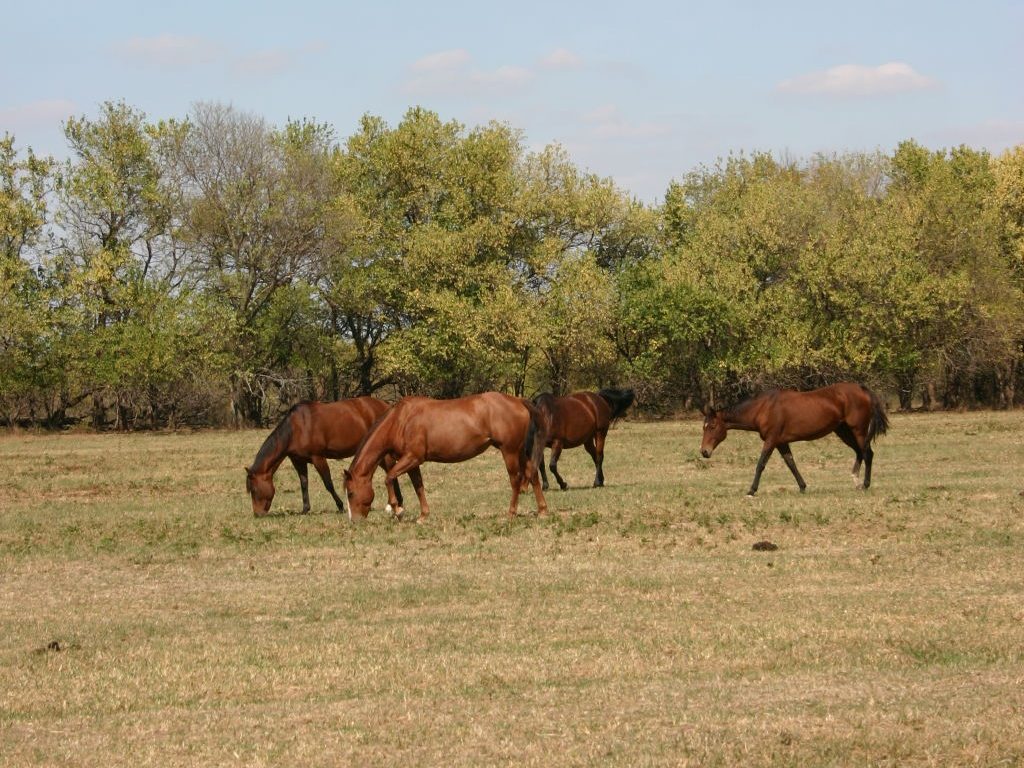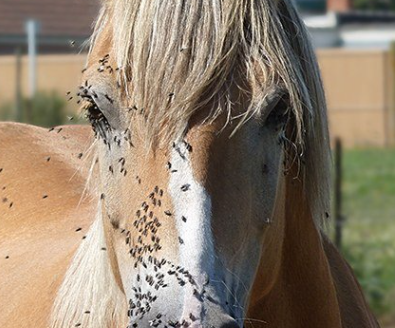Federal rule set to take effect Feb. 1, concerning to horse owners

The U.S. Department of Agriculture, Animal and Plant Health Inspection Service has amended the Horse Protection Act with a recent rule. The addition allows USDA-APHIS to screen, train, and authorize qualified persons for appointment by the management of any horse show, horse exhibition, or horse sale or auction to detect and diagnose soring at such events.
The Horse Protection Act is a federal law that prohibits sored horses from participating in shows, exhibitions, sales or auctions. The Horse Protection Act also prohibits the transportation of sored horses to or from any of these events. It was originally passed in 1970 to prevent the intentional soring of Tennessee Walking Horses, racking horses and spotted saddle horses.
According to an April 2024 news release from APHIS, “soring is a cruel and inhumane practice where some owners and trainers chemically or physically irritate or burn horses to provide an accentuated gait that gives them an unfair advantage in walking horse competitions and fraudulent purchase prices at horse shows.”
Industry reacts
The American Quarter Horse Association on their social media channels Jan. 9, in a post to members, the new rule “will not negatively affect AQHA and its members. Additionally, AQHA has been communicating daily with industry partners regarding efforts to contest and/or delay the Feb. 1 implementation of the changes to the HPA.”
AQHA will continue to share information regarding details and the process and will pass along that information as more becomes known.
Western Legislative Fund is a membership-based, 501(c)(4) Nonprofit organization that engages in political action to preserve and protect the Western lifestyle, livelihoods, and events. Their site www.westernjustice.info has an online petition to sign for those interested.
Specifics of HPA
Gaited horses like the Tennessee Walking horse are known for a naturally high gait, but in order to exaggerate the action, owners in this discipline often use cruel and inhumane methods to achieve the desired movement. Jenny Lester-Moffitt, Under Secretary for USDA Marking and Regulatory Programs, said in the previous release the abuse and soring has gone on for “far too long.”
“This abuse must stop. Eliminating this cruel practice will help protect horses competing in these shows and level the playing field for the industry,” she stated. “The independent inspection process should strengthen the competition at these shows and benefit the many owners and trainers who do right by their animals.”
According to the news release the stronger regulations include:
—Eliminating industry self-regulation and the role of industry-backed Designated Qualified Persons as inspectors at horse shows, exhibitions, sales, and auctions. Only APHIS inspectors and independent non-APHIS-employed horse protection inspectors screened, trained, and authorized by APHIS will have inspection authority.
—Prohibiting any device, method, practice, or substance applied to a horse that can cause or is associated with soring.
—Prohibiting on Tennessee Walking or racking horses all action devices and non-therapeutic pads, artificial toe extensions, and wedges, as well as all substances on the extremities above the hoof, including lubricants.
—Removing the scar rule from the regulations and replacing it with a more accurate description of visible dermatological changes indicative of soring.
—Amending recordkeeping and reporting requirements for management at covered events to better enforce the HPA.
In 2017, APHIS withdrew the initial Horse Protection Act final rule from public inspection per a memorandum issued by the Executive Office of the President. Following a lawsuit based on that action, the agency withdrew the 2017 rule on October 30, 2023, and published a new proposed rule, receiving 8,787 comments. The new rule builds upon information we have learned since the 2017 rule was drafted. Notably, it incorporates lessons and science-based recommendations from the 2021 National Academies of Science review of the inspection program.
According to APHIS information HPA covers horse exhibition and shows, which includes public display of horses whether or not they are in competition. The HPA also covers horse sales and auctions whether or not the horses for sale are publicly displayed as part of the sale. Races or other events where speed is the prime factor are not covered. Rodeo events, parades, and trail rides are also excluded from the HPA. The HPA only covers members of the species Equus caballus. That means the HPA does not apply to donkeys, mules, or exotic equids like zebra.
Examples of events covered by the HPA (because they are based on scores): Cart/Driving; Costume class; Dressage; Equitation, Flat classes; Pleasure; Halter/Showmanship at Halter; Hunter; Hunter Under Saddle; Polo; Ranch Horse Versatility; Ranch Riding; Reining; Trail classes; and Vaulting.
Examples of events not covered by the HPA (based on time/speed) includes: Barrel Racing; Cross Country; Endurance; Gymkhana; Horse Racing; Mounted Shooting; Show Jumping; Speed Coach Races; Steeplechasing; Reined Cowhorse; Working Cowhorse; and Working Cow Horse, boxing only.
For more information, contact APHIS at [email protected] or visit www.aphis.usda.gov/hpa.
Kylene Scott can be reached at 620-227-1804 or [email protected].



